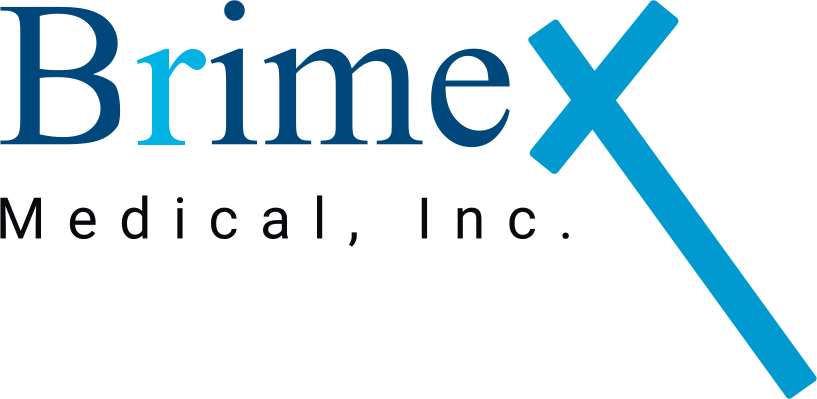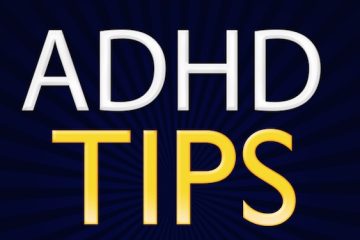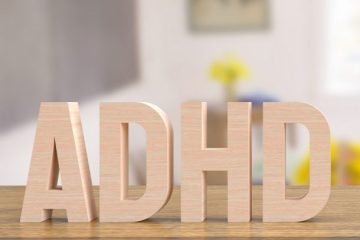Attention Deficit Hyperactivity Disorder (ADHD) is a common neurodevelopmental disorder that affects both children and adults. Characterized by symptoms of inattention, hyperactivity, and impulsivity, ADHD can significantly impact various aspects of life, including education, work, and personal relationships. This comprehensive guide will explore the signs, symptoms, causes, types, diagnosis, treatment, and management strategies for ADHD. Additionally, we will highlight the support services provided by Brimex Medical, Inc., which are designed to help individuals with intellectual or developmental disabilities find their rightful place in the community.
Understanding ADHD
ADHD Symptoms
ADHD manifests in a wide range of behaviors, which can vary from person to person. Common symptoms include:
- Trouble focusing or concentrating on tasks
- Forgetfulness in completing tasks
- Being easily distracted
- Difficulty sitting still
- Interrupting people while they’re talking
These symptoms can be categorized based on aspects of ADHD such as hyperactivity, impulsivity, and difficulty focusing.
Hyperactivity and Impulsivity
Individuals experiencing hyperactivity and impulsivity may:
- Struggle to sit still or remain seated in class
- Have trouble playing or carrying out tasks quietly
- Talk excessively
- Find it hard to wait their turn
- Interrupt others during conversations or activities
Inattention
Those with inattention issues might:
- Make frequent mistakes or miss details in tasks
- Have trouble maintaining focus during conversations, reading, or listening
- Struggle with organizing daily tasks
- Frequently lose items
- Be easily distracted by minor occurrences
Executive Dysfunction
A common symptom of ADHD is executive dysfunction, which refers to difficulties with cognitive functions such as attention, memory, and emotional regulation. This can make it challenging to complete tasks, follow instructions, and manage time effectively.
Types of ADHD
To ensure consistency in diagnoses, the American Psychiatric Association (APA) categorizes ADHD into three types:
Predominantly Inattentive
Individuals with this type have significant difficulty focusing, finishing tasks, and following instructions. This type is often underdiagnosed, especially in girls, as they may not exhibit disruptive behavior.
Predominantly Hyperactive-Impulsive
People with this type primarily exhibit hyperactive and impulsive behaviors, such as fidgeting, interrupting others, and impatience. They may still experience difficulty focusing but to a lesser extent.
Combined Hyperactive-Impulsive and Inattentive
This is the most common type of ADHD, involving both inattentive and hyperactive-impulsive symptoms. Individuals with this type exhibit high levels of activity and impulsiveness along with difficulty focusing.
Causes of ADHD
The exact cause of ADHD remains unclear, but it is believed to have neurological and genetic origins. Research suggests that factors contributing to ADHD include:
- Neurological Factors: A reduction in dopamine, a brain chemical crucial for emotional responses and movements.
- Structural Differences: Less gray matter volume in brain areas that control speech, self-control, decision-making, and muscle control.
Other potential causes and risk factors under investigation include prenatal exposure to tobacco smoke, premature birth, and low birth weight.
ADHD Diagnosis and Testing
Diagnosing ADHD involves a comprehensive assessment by a healthcare professional. There is no single test for ADHD; instead, a combination of methods is used:
- Behavioral Assessment: Evaluating symptoms over the past six months through reports from teachers, family members, and self-reports.
- Physical Examination: Checking for other health problems that could be causing the symptoms.
- Rating Scales and Checklists: Tools to help quantify the severity of symptoms.
If ADHD is suspected, a referral to a specialist such as a psychiatrist or neurologist may be made for further evaluation.
ADHD Treatment
Treatment for ADHD typically includes a combination of behavioral therapies and medication.
Behavioral Therapies
- Psychotherapy (Talk Therapy): Discusses how ADHD affects life and strategies to manage symptoms.
- Behavioral Therapy: Teaches techniques to monitor and manage behavior, improving organizational and time management skills.
Medication
Stimulants
Central nervous system (CNS) stimulants are the most commonly prescribed medications for ADHD. They work by increasing dopamine and norepinephrine levels in the brain. Examples include:
- Methylphenidate (Ritalin)
- Amphetamine-based stimulants (Adderall)
Nonstimulants
When stimulants are ineffective or cause side effects, nonstimulants may be prescribed. These medications increase norepinephrine levels and include:
- Atomoxetine (Strattera)
- Certain antidepressants (e.g., bupropion)
Natural Remedies for ADHD
In addition to medication, several natural remedies can help manage ADHD symptoms:
- Lifestyle Changes: A balanced diet, regular physical activity, adequate sleep, and limited screen time can significantly impact ADHD management.
- Mindfulness and Meditation: Practices like mindfulness meditation can improve attention and reduce hyperactivity.
- Yoga and Tai Chi: These physical activities can help calm the mind and improve focus.
- Outdoor Activities: Spending time in nature has been shown to reduce ADHD symptoms.
ADD vs. ADHD
Attention Deficit Disorder (ADD) is an outdated term previously used to describe individuals with attention issues without hyperactivity. The term ADHD, introduced in the DSM-5, encompasses all types, including the predominantly inattentive type formerly known as ADD.
ADHD in Adults
ADHD is not limited to children; many adults continue to experience symptoms. Adult ADHD can impact various aspects of life, including work and relationships. Common symptoms in adults include:
- Difficulty managing time
- Forgetfulness
- Impatience
ADHD in Children
According to the CDC, approximately 8.8% of children aged 3-17 in the United States have been diagnosed with ADHD. Boys are more likely to be diagnosed than girls, possibly due to more apparent hyperactivity symptoms. Girls with ADHD may exhibit different symptoms, such as frequent daydreaming or being hyper-talkative.
Is ADHD a Learning Disability?
While ADHD is not classified as a learning disability, it can make learning more challenging. Children with ADHD may benefit from individualized education plans (IEPs) that accommodate their unique needs, such as extended time for assignments and tests.
Neurotypical vs. Neurodivergent
Neurotypical individuals process information in ways typical within their culture, while neurodivergent individuals process information differently. Many people with ADHD identify as neurodivergent, embracing their unique way of thinking.
Coexisting Conditions
Individuals with ADHD often have coexisting mental health conditions such as:
- Anxiety: Difficulty managing daily tasks can increase anxiety levels.
- Depression: Up to 53.3% of adults with ADHD also experience depression.
- Conduct and Behavior Disorders: These can include oppositional defiant disorder and conduct disorder, characterized by aggressive behavior and rule-breaking.
- Learning Disorders: Conditions like dyslexia can further complicate learning for children with ADHD.
Tips for Coping with ADHD
Effective management of ADHD involves creating structured routines and using organizational tools. Here are some tips:
- For Adults: Use calendars, reminders, and to-do lists to stay organized.
- For Children: Establish consistent schedules and designated places for items like toys and school supplies.
Support at Brimex Medical, Inc.
At Brimex Medical, Inc., we provide comprehensive services for individuals with intellectual or developmental disabilities, including those with ADHD. Our support aims to help our patients find their rightful place in the community through personalized care and assistance.
Conclusion
ADHD is a complex and multifaceted condition that affects both children and adults. Understanding its symptoms, types, causes, and treatments can help individuals manage their condition effectively. If you suspect ADHD in yourself or a loved one, seek professional evaluation and support. With the right treatment and strategies, individuals with ADHD can lead fulfilling and successful lives. For more information on ADHD and our support services, visit Brimex Medical, Inc. today.




